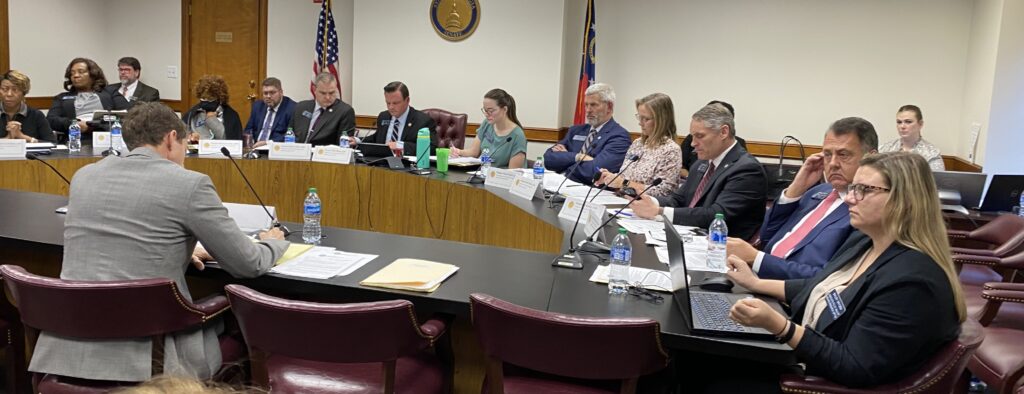
“Parents” who apply for the proposed state grant in SB 233 and serve on the oversight committee are not required to be U.S. citizens or green card holders. There is no mention of OCGA 50-36-1 in the bill.
Background:
After posting this column yesterday and sending it to the Republican members of the Senate and House, I learned there was a (surprise!) 2:30 PM hearing on the below bill (SB 233). I hurried to Downtown Atlanta and made it to the hearing room before the Senate Education and Youth committee meeting began.
I was the first person to sign up to speak on the bill. The chairman of the committee is Senator Clint Dixon, Republican, Buford. Knowing that I would spill the beans on the bill, Dixon began calling names to speak from the bottom of the list.

- When he got to number two on the list, Dixon told the room “the audience isn’t going to like this, but comments are over.” I was prevented from speaking and offering an experienced and educated analysis of the phony immigration part of the legislation. I was cancelled by the Chamber of Commerce Republicans. Dixon is a shameless coward. The Republicans passed out the bill. Senator Ed Setzler made the motion “do pass.” It should be noted that Dolezal was careful to avoid any mention illegal immigration in his presentation.
Why I was not allowed to speak in committee. The proposed “Promise scholarship” seems to be a “State grant” and therefore a public benefit. They want to pass the bill before TMI gets out.
There is zero in the bill (SB233) that even mentions the “parent” having any legal immigration status, but the “parent” is the one making the application for the “Promise scholarship.” I submit that this is a public benefit under existing law. If so, there is an admin requirement designed to prevent illegal aliens from accessing the State grant/public benefit.
Further, the bill refers to Title IX student eligibility categories that includes (humanitarian/immigration) parolees as being eligible for the “Promise scholarship” grant. Since state law requires verification of lawful presence of the applicant, it is difficult to imagine that the intent and effect of the law does not require that the student (the final beneficiary and user of the grant) also have lawful presence, even if student is too young to be the applicant for that public benefit.
______
OCGA 50-36-1
Verification of Lawful Presence within the United States
(3) “Applicant” means any natural person, 18 years of age or older, who has made application for access to public benefits on behalf of an individual, business, corporation, partnership, or other private entity.
(4) “Public benefit”‘ means a federal, a state, or local benefit which shall include the following:
(K) Grants;
(V) State grant or loan;
(b) Except as provided in subsection (d) of this Code section or where exempted by federal law, every agency or political subdivision shall verify the lawful presence in the United States under federal immigration law of any applicant for public benefits.”
______
In examples of “State grants” there is a long list of grants for scholarships. “Promise Scholarship” isn’t on the list yet because it isn’t in law yet. But it seems to indeed be a grant and should fall under the verification requirements in OCGA 50-36-1.
In the “school choice” bill for the “Promise Scholarship,” it is the “parent” who makes the application for the (Promise Scholarship) grant:
SB 233 “(1) ‘Account’ or ‘promise scholarship account’ means a consumer directed account
established pursuant to this chapter and composed of state funds deposited on behalf of
a participating student and which may be used for qualified education expenses.”
“(4) The student’s parent submits an application for an account to the commission no later
than the deadline established by the commission; provided, however, that the commission
shall provide quarterly application periods that correspond with quarterly funding dates
pursuant to subsection (b) of Code Section 20-2B-5.”
____
Definition of “grant.” (different than “state grant.”)
“Grant” itself must be understood according to its ordinary meaning in the context in which it is used. O.C.G.A. § 1-3-1 (b). Consequently, in partial response to your question, in defining “grant” as it does, FOGA does not indicate that all expenditures from appropriations for “per diem, fees, and contracts” are regulated. FOGA regulates only those expenditures which conform to the ordinary meaning of grant, i.e. those which are in the nature of a gift or aid for a particular purpose. See Webster’s 3d New International Dictionary 1398 (1961).”

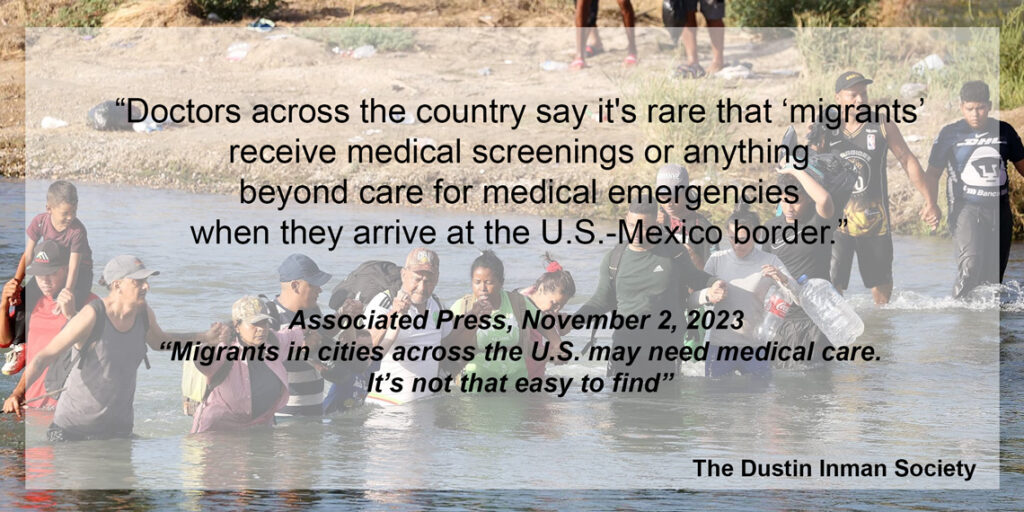

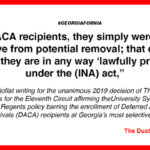





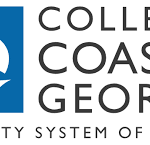
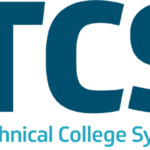








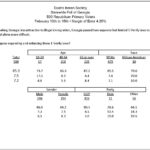

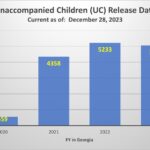
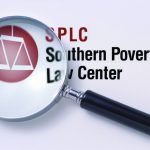

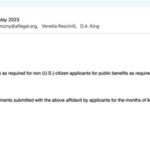
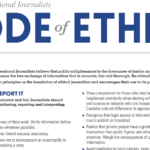





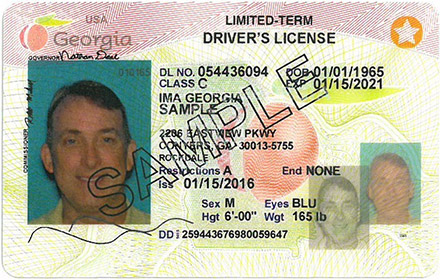




You must be logged in to post a comment.